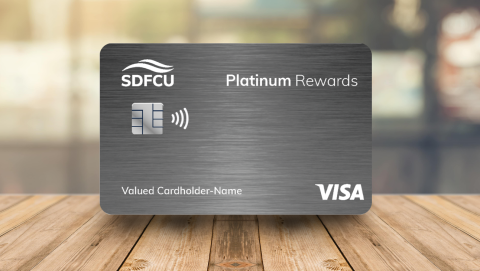They look the same, but unsecured and secured credit cards work in different ways.
If you’re looking to apply for a credit card, but either a) don’t have a credit history to speak of or b) have a credit score you aren’t super proud of, you’re not out of luck. You can still put a piece of plastic in your wallet. What’s the fix? A secured credit card.
How Secured Cards Work
Secured credit cards require you to pay a security deposit to your credit union or bank when opening the card, with this amount becoming your credit limit. The security deposit doesn’t have to be large: the typical minimum security deposit is around $200. Whatever amount you decide on will match your spending limit on the card.
Secured cards work much the same way as unsecured credit cards. You spend money, you pay bills. The three credit bureaus can’t tell which card you’re swiping when reviewing your activity, so using a secured card has no impact on your overall FICO or Vantage score.
Secured credit cards usually have a slightly higher interest rate than traditional cards. But over time, perhaps 18-24 months of good behavior, many secured cards will transfer to a regular credit card.
There can be fees involved (like if you spend over your credit limit), so be sure you look over the application agreement and understand your card fees.
Learn more about our Savings Secured Platinum Rewards card which features no annual fee, access to Flexpoints rewards, and the opportunity to graduate to an unsecured card.









